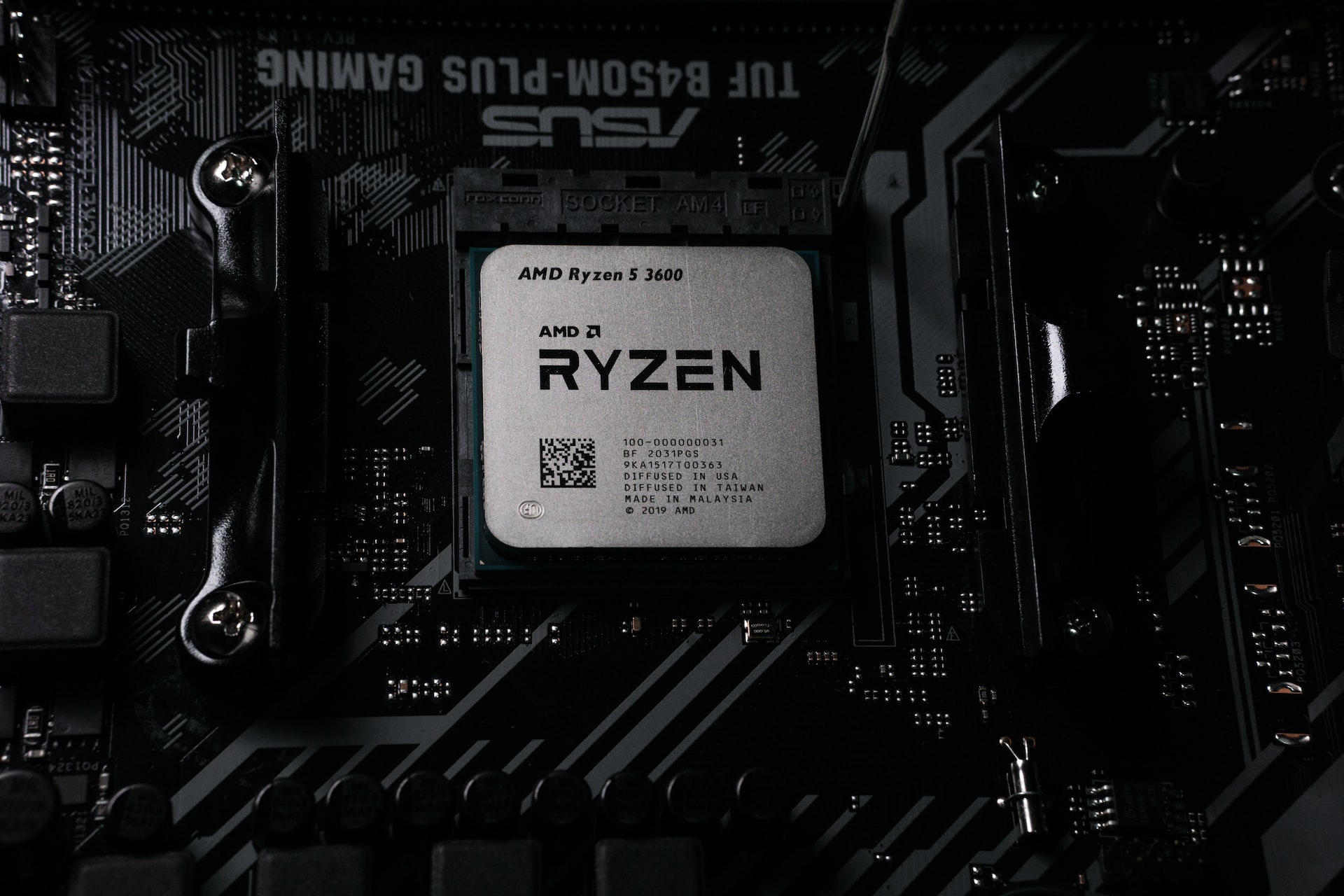Google’s Self-Designed Tensor Chips

Details of Google’s Self-Designed Tensor Chips
Everything you need to know about Google’s Self-Designed Tensor Chips. Google’s Self-Designed Tensor Chips
Google’s Self-Designed Tensor Chips
Artificial intelligence (AI) has just started to revolutionize many different industries. Artificial intelligence (AI) is transforming how we live and interact with technology, from driverless automobiles to voice assistants. The organization known for its cutting-edge innovations, Google, is in the fore of this revolution in artificial intelligence. One such innovation is Google’s self-Designed Tensor chips, a cutting-edge innovation that promises to raise the bar for AI performance. We will discuss the relevance of Google’s Tensor chips and their possible influence on the development of AI in this blog article.
The invention of Tensor Chips: Google’s Tensor chips are custom-built processors made with machine learning tasks in mind. These sophisticated chips, which are an extension of Google’s current Tensor Processing Units (TPUs), are designed to fulfill the rigorous computing demands of AI workloads. Google hopes to achieve previously unheard-of levels of performance and efficiency by creating their own chips, which will make AI applications run more quickly and effectively.
Google’s Self-Designed Tensor Chips
 Tensor Chips
Tensor Chips
Unmatched Performance: The outstanding performance of Google’s Tensor processors is one of their main advantages. These processors deliver remarkable speed and efficiency by utilizing Google’s deep learning and AI expertise. Matrix multiplications and neural network operations are only two examples of the complicated calculations that Tensor chips are designed to tackle with exceptional speed and accuracy. Google has developed a powerhouse that can significantly speed up AI workloads by utilizing the full capability of hardware and software optimization.
Enhancing AI Workflows: Tensor chips are built to simplify and improve AI workflows because to their singular emphasis on AI workloads. These chips lighten the stress on conventional processors by delegating computationally demanding tasks to the hardware, freeing them up to concentrate on other crucial activities. The division of labor between Tensor chips and traditional CPUs makes processing more effective, which lowers latency and boosts performance. So that researchers and developers can iterate on their ideas more quickly, AI models can be trained and deployed more quickly.
Enabling AI at the Edge: Tensor chips also have the ability to enable AI at the edge, which is a big advantage. In contrast to merely relying on cloud-based servers, edge computing refers to the technique of processing data closer to the source. Google gives edge devices like smartphones, IoT gadgets, and wearables strong AI processing capabilities by incorporating Tensor processors inside these gadgets. This offers up a wide range of opportunities for real-time AI applications that don’t rely on a persistent internet connection or cloud infrastructure, such as object identification, speech processing, and natural language understanding.
Google’s Self-Designed Tensor Chips
AI Frontiers: Google’s self-designed Tensor chips not only improve current AI workflows but also open the door for more complex AI models and applications. Tensor chips enable the development of larger, more complicated neural networks that are capable of solving challenging problems because to their improved processing capacity and efficiency. Tensor chips have a plethora of possible uses, ranging from high-end image recognition and natural language understanding to autonomous systems and medical diagnosis.
The development of AI hardware has advanced significantly with the introduction of Google’s self-developed Tensor processors. Google has opened up new horizons in AI performance and efficiency by developing processors specifically designed for machine learning applications. Tensor chips’ unrivaled power and capabilities have the potential to change a number of industries and hasten the widespread adoption of AI. Google’s Tensor chips, which are pushing the boundaries of what is possible in the field of artificial intelligence, are a monument to the persistent pursuit of innovation as we forge ahead into a future that will be increasingly dominated by AI.






























































